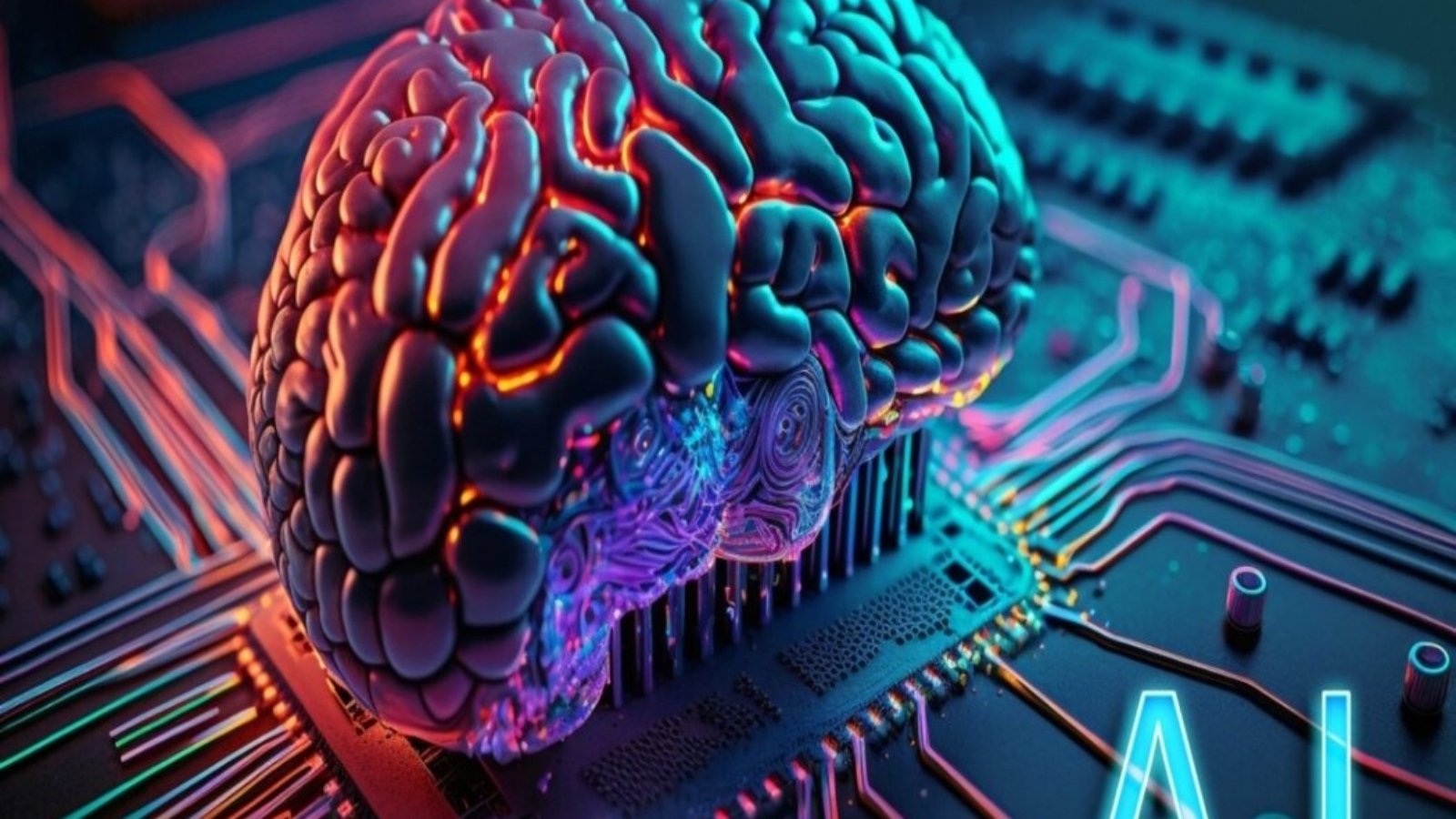Artificial Intelligence (AI) is expected to play a significant role in various aspects of the future. Here are some ways in which AI is likely to impact our lives:
1. Automation and Industry: AI will continue to automate routine and repetitive tasks in industries, leading to increased efficiency and reduced costs. This could range from manufacturing processes to customer service.
2. Healthcare: AI will play a crucial role in medical diagnosis, personalized treatment plans, and drug discovery. Machine learning algorithms can analyze vast amounts of medical data to identify patterns and provide insights that can aid healthcare professionals.
3. Education: AI-powered tools can personalize learning experiences, adapting to individual needs and learning styles. Virtual tutors, interactive simulations, and intelligent educational platforms can enhance the learning process.
4. Autonomous Vehicles: AI is central to the development of self-driving cars and other autonomous vehicles. These technologies have the potential to revolutionize transportation, making it safer and more efficient.
5. Finance: AI is already being used in finance for tasks such as fraud detection, algorithmic trading, and risk management. In the future, AI could further optimize financial processes and decision-making.
6. Natural Language Processing (NLP): Improvements in NLP will enhance virtual assistants, translation services, and language understanding, making human-computer interactions more seamless.
7. AI-driven robots will become more sophisticated, performing tasks in various industries, from manufacturing to healthcare. This could lead to increased productivity and the handling of tasks in environments that may be hazardous for humans.
8. Entertainment: AI is likely to contribute to the creation of more immersive and personalized entertainment experiences. From recommendation algorithms to AI-generated content, the entertainment industry will leverage AI to engage audiences.
9. Environmental Monitoring: AI can be used for analyzing large datasets related to climate change, pollution, and environmental trends. This can aid in the development of strategies for sustainable resource management.
10. Cybersecurity: AI will play a crucial role in identifying and mitigating cybersecurity threats. Machine learning algorithms can detect patterns of malicious activity and respond in real-time to protect digital systems.
11. Human Augmentation: AI could be integrated with wearable devices or implants to enhance human capabilities, such as memory, cognition, and sensory perception.
12. Research and Development: AI can accelerate scientific research and development by analyzing massive datasets, simulating experiments, and suggesting novel approaches to problem-solving. While these advancements offer numerous benefits, there are also ethical considerations and challenges, such as job displacement, bias in algorithms, and the responsible use of AI technologies. Striking a balance between innovation and ethical considerations will be crucial in shaping the future impact of artificial intelligence.

